
The U.S. Department of Justice confirmed on September 4, 2025, that it is actively evaluating options for a new federal rule that could prohibit transgender Americans diagnosed with gender dysphoria from purchasing firearms.
A DOJ spokesperson said the review follows heightened debate after several high-profile mass shootings this year reignited scrutiny over who can legally own weapons. If advanced, it would represent the first identity-based restriction on firearm ownership in U.S. history, raising questions about constitutional rights, public safety, and how mental health classifications intersect with federal law.
What Prompted the DOJ Review
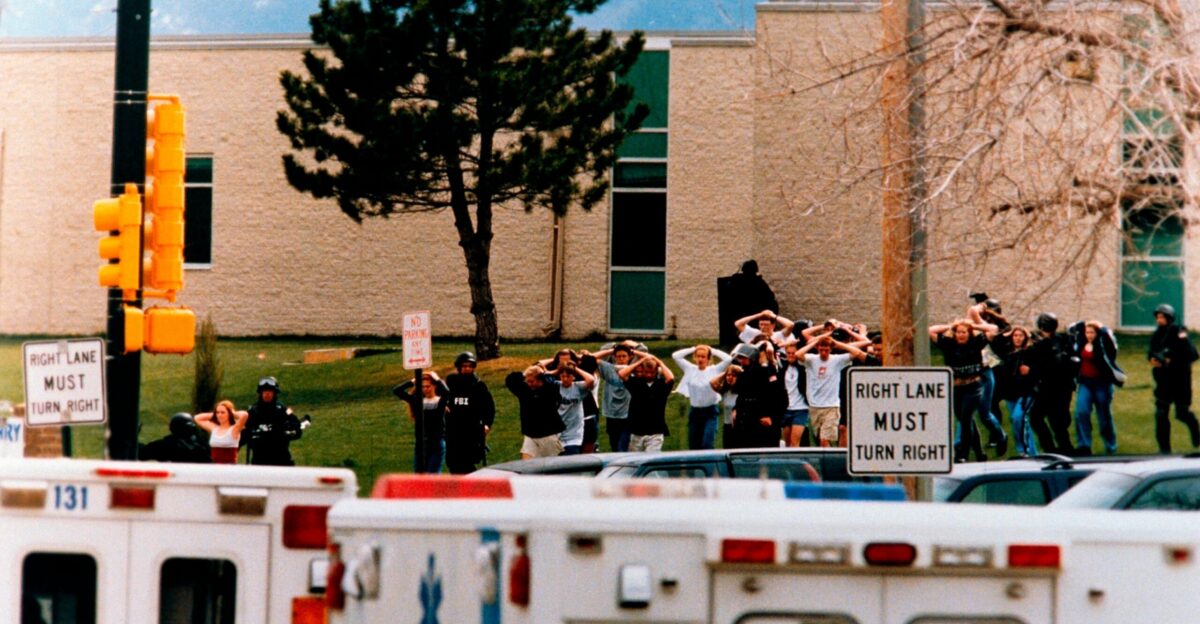
While DOJ officials have not linked the review to one specific case, they noted it stems from mounting public concern over recent gun violence. According to CNN and The Washington Post, the agency began reevaluating firearm restrictions in late August as policymakers questioned whether current laws adequately address mental health and access risks.
Advocates say the discussion reflects a broader trend that whenever mass shootings dominate headlines, federal agencies face renewed pressure to act. This time, the focus has shifted to gender dysphoria, sparking an unprecedented legal and civil rights debate.
DOJ and ATF Internal Discussions
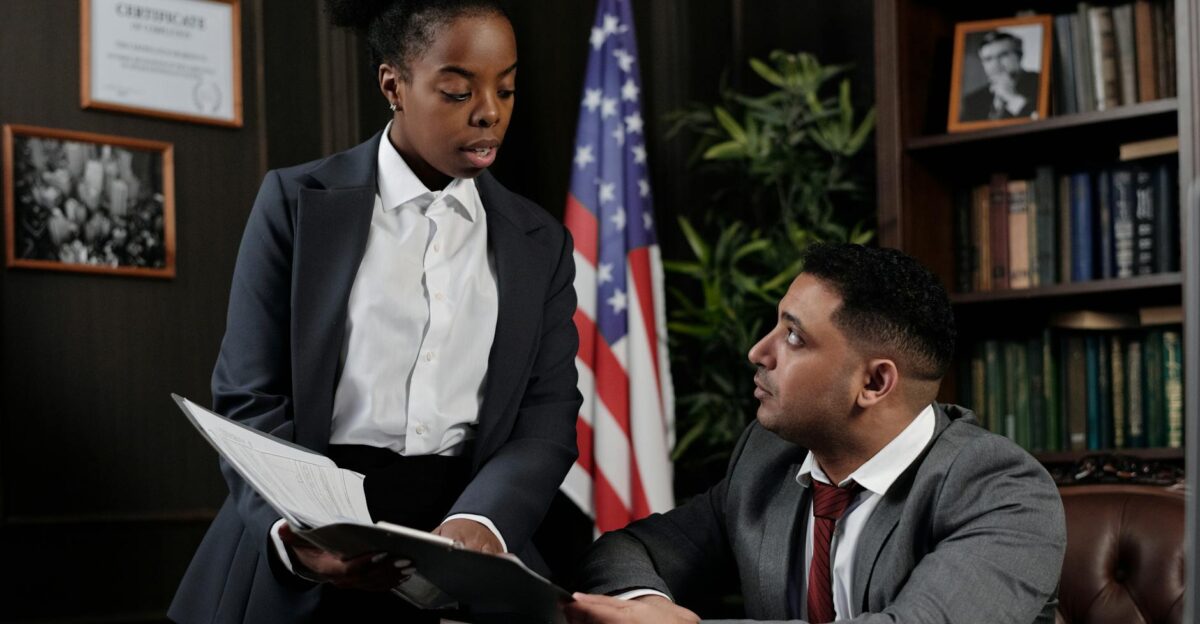
Sources familiar with the review told CNN and The Washington Post that DOJ leaders have held meetings with the Office of Legal Counsel and the Bureau of Alcohol, Tobacco, Firearms, and Explosives. These discussions remain preliminary but are centered on whether gender dysphoria could be treated similarly to disqualifying conditions under federal law.
Officials stress that no final decision has been reached. Still, the fact that these conversations are occurring highlights how mass shootings continue to pressure federal agencies into testing new boundaries for firearm eligibility standards.
Scope and Potential Impact

If implemented, a restriction could affect between 1.6 and 2.8 million Americans who identify as transgender, based on U.S. Census Bureau estimates and research from the Williams Institute at UCLA School of Law. That scale would make it the first nationwide firearms policy tied to identity.
Unlike existing bans focusing on criminal records or formal mental health adjudications, this would use a medical diagnosis as grounds for exclusion. Legal experts say the precedent could redefine how public safety laws interact with civil rights protections nationwide.
Federal Law and Mental Health Disqualification

Current federal law bars firearm sales to people “adjudicated as a mental defective” or “committed to a mental institution” under 18 U.S.C. § 922(g)(4). According to ABC News, the DOJ is considering whether gender dysphoria—defined by the American Psychiatric Association as distress from incongruence between one’s gender identity and assigned sex—might be interpreted within this framework.
Critics warn that this interpretation would depart from the historically applied statute. Supporters argue it could close gaps in existing law by preemptively restricting access in high-risk scenarios.
Role of the American Psychiatric Association

The American Psychiatric Association has long emphasized that being transgender is not a mental illness. While gender dysphoria is a recognized diagnosis, the APA stresses it should not be equated with instability or dangerousness. In recent statements, the association reaffirmed its support for gender-affirming care and its opposition to policies that pathologize transgender identities.
Other medical groups, including the American Medical Association, have issued similar guidance. Together, these positions make it more difficult for the DOJ to justify treating gender dysphoria as grounds for firearm disqualification, setting medical consensus against federal consideration.
No Final Decision Announced
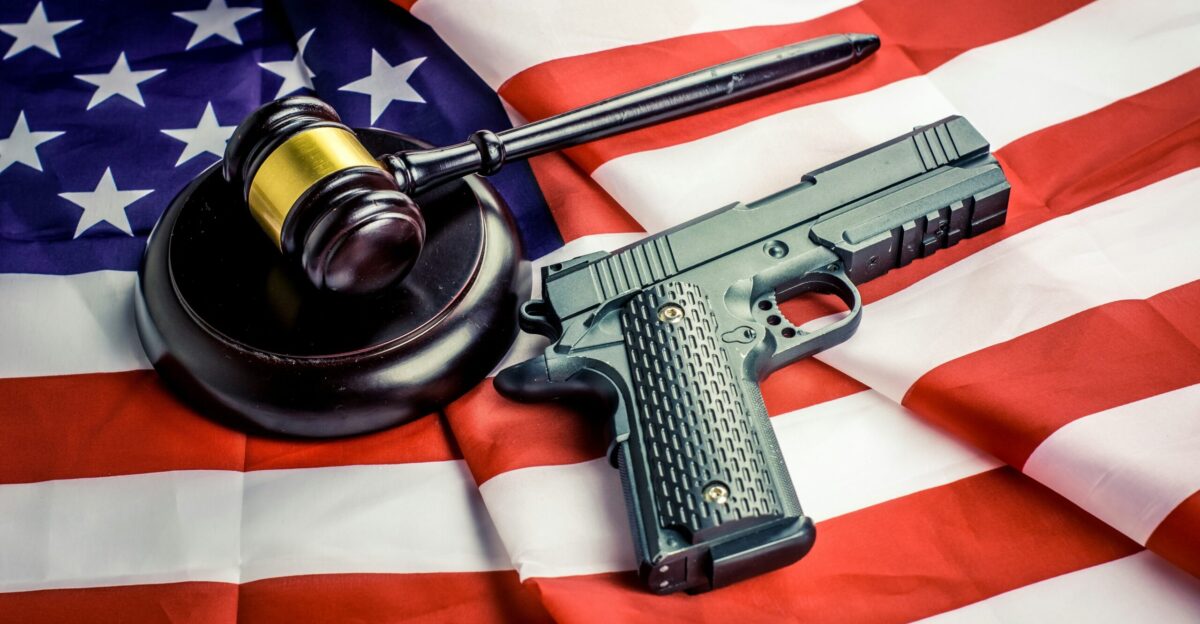
Despite speculation, DOJ officials emphasize that no policy has been finalized. A spokesperson at the September 4 briefing stated, “No specific criminal justice proposals have been advanced at this time.” The department continues to weigh options but has not released a timeline.
Analysts note that the DOJ cautiously tests legal interpretations before initiating formal rulemaking. Until then, both gun rights advocates and civil rights groups are mobilizing, expecting that whatever the department decides could trigger one of the most contentious firearm debates in years.
Political and Legal Ramifications

If advanced, the proposal would face immediate constitutional challenges. Second Amendment advocates argue the government cannot strip rights based on medical identity. Civil rights lawyers warn of the Fourteenth Amendment’s equal protection concerns since the rule would single out a defined group.
Legal scholars told NPR the DOJ would confront steep hurdles because federal courts have historically avoided equating identity with criminal risk. The debate could test the balance between public safety concerns and constitutional freedoms at the highest levels of the judicial system.
Response from Gun Rights Groups
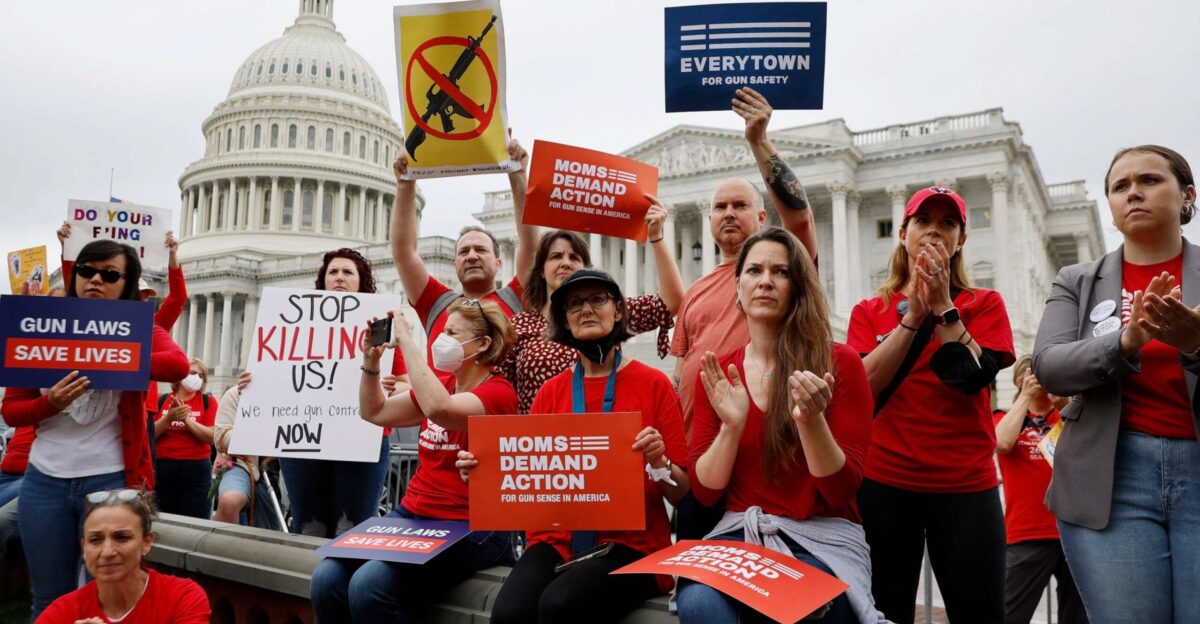
Gun rights organizations are preparing for a fight. Gun Owners of America issued a statement pledging to contest any & all gun bans, arguing the DOJ review represents government overreach. While the National Rifle Association has not issued a detailed comment, it has consistently opposed broad firearm restrictions that classify people by group.
Advocates caution that such policies risk creating slippery slopes where other identities or medical conditions could become grounds for disqualification, shifting the debate from targeted safety measures to questions of universal liberty.
LGBTQ+ and Civil Rights Reactions
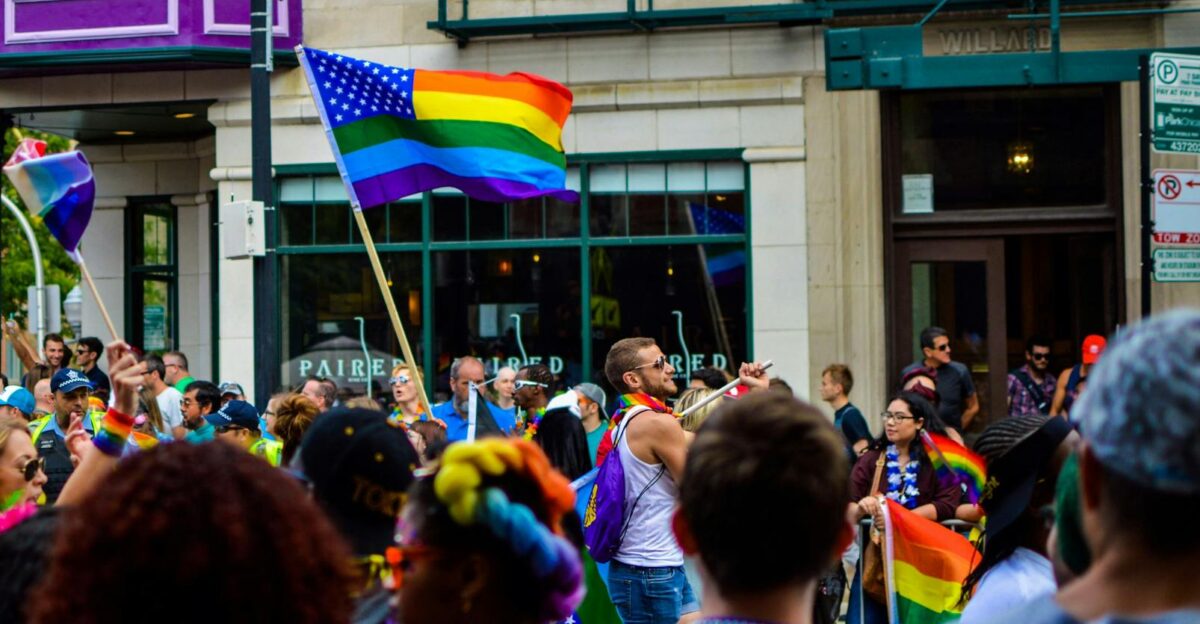
LGBTQ+ advocacy groups have condemned the DOJ review. The Human Rights Campaign said in a statement that transgender Americans should not be scapegoated for isolated acts of violence, noting there is no evidence that trans people are more likely to commit shootings.
The National Center for Transgender Equality echoed this stance, warning that linking firearm bans to gender dysphoria stigmatizes a community already facing disproportionate discrimination. Civil rights organizations emphasize that the review risks deepening public misconceptions about trans people while doing little to address broader gun violence.
Statistical Realities

Available data suggest transgender people are rarely involved in mass shootings. The Violence Project, which tracks incidents nationwide, reports that since 2018, only 0.1% of mass shootings have involved transgender individuals. By contrast, the Williams Institute estimates that 0.6–0.8% of the U.S. population identifies as transgender.
Criminologist James Alan Fox of Northeastern University has noted that cisgender men commit most mass shootings. These figures challenge claims that transgender identity poses unique risks, raising questions about whether policies singling out this group align with evidence-based gun safety measures.
Transgender Americans and Violence

Studies consistently show that transgender people are more often victims than perpetrators of violence. Research from the Williams Institute found they are more than twice as likely as the general population to experience gun violence. Everytown for Gun Safety reported in 2022 that transgender women of color face exceptionally high risks of fatal shootings.
Transgender individuals cite firearm ownership as a means of self-protection amid rising hate crimes. Critics argue a ban would leave vulnerable communities with fewer tools to defend themselves in hostile environments.
The Role of Gender Dysphoria in the Debate

At the center of the DOJ’s discussions is whether gender dysphoria should be treated as a mental defect under federal law. Mental health professionals caution against such an interpretation. The APA emphasizes that distress associated with gender identity is distinct from conditions linked to cognitive impairment or violent behavior.
Recasting gender dysphoria as grounds for disqualification, experts say, risks conflating medical classification with criminal threat. This approach could blur lines between health policy and criminal justice, potentially reshaping the role of medicine in firearm regulation.
Historical Precedent
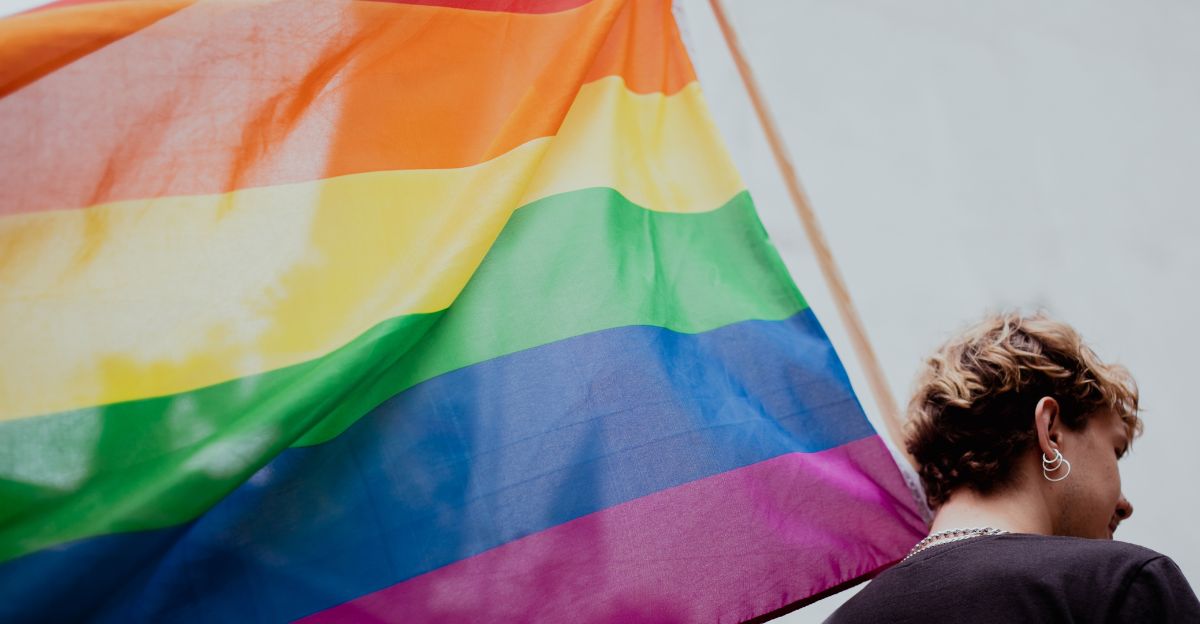
There is no historical precedent for firearm bans based on gender identity. Federal restrictions have traditionally targeted those with felony convictions, domestic violence histories, or court-ordered mental health commitments. Even proposals to bar people on the federal no-fly list were grounded in direct security risks rather than identity.
A transgender-specific prohibition would mark new territory, shifting how federal law defines risk categories. Legal scholars warn that such a precedent could open doors to further exclusions unrelated to criminal conduct or adjudicated mental health status.
Precedents in Transgender Policy

The U.S. has seen previous policies affecting transgender Americans, though not tied to firearm rights. In 2017, the Trump administration barred transgender people from serving in the military, citing medical readiness. Several states have enacted laws restricting trans participation in sports or limiting access to gender-affirming care.
Firearm ownership involves explicit constitutional protection under the Second Amendment. This distinction, legal analysts argue, means any federal attempt to disqualify transgender Americans from gun ownership would face far more rigorous judicial scrutiny than other policy restrictions.
Focus of the DOJ Review

According to ABC News, DOJ officials are debating whether gender dysphoria fits within existing legal definitions and whether such a move could withstand inevitable court challenges. Sources say the department consults medical experts, legal scholars, and federal agencies to assess practical enforcement and constitutional durability.
Analysts caution that pursuing a rule without a solid foundation could result in swift judicial reversal, potentially weakening the DOJ’s broader authority on firearm regulation in future cases. The stakes extend well beyond this proposal.
Media and Political Discourse
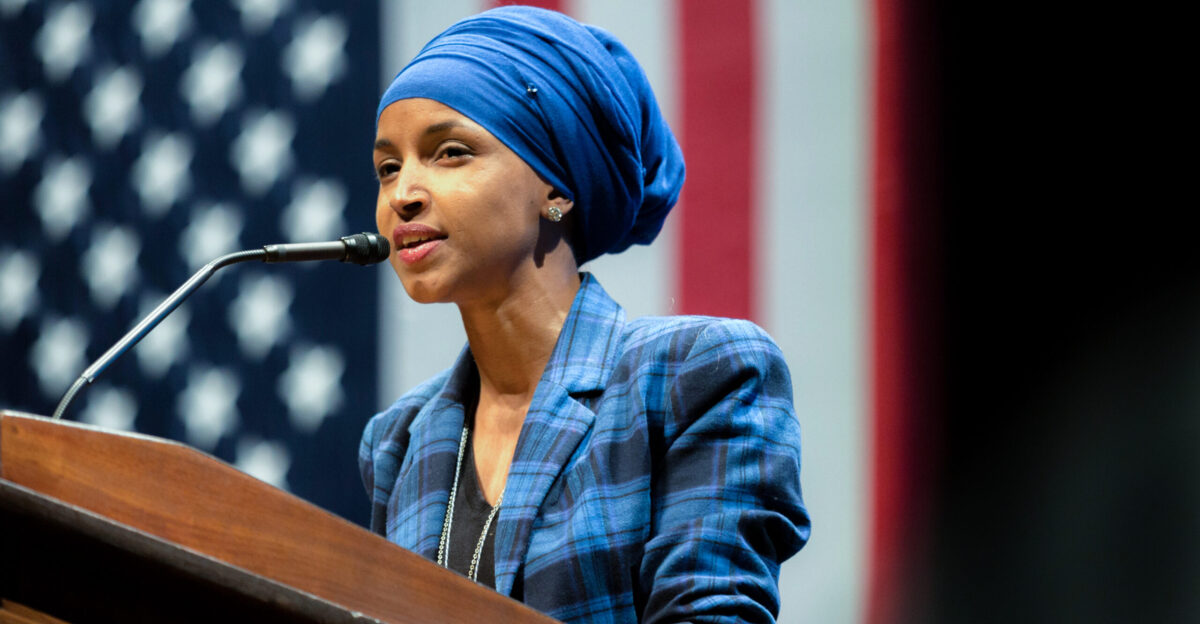
This review has already fueled partisan narratives. Conservative commentators argue the DOJ is signaling political bias by considering transgender identity in gun policy. Progressive lawmakers counter that scapegoating marginalized groups distracts from broader reforms, such as universal background checks or limits on high-capacity weapons.
Representative Ilhan Omar of Minnesota said the debate reflects scapegoating, not solutions. Civil rights groups agree, warning that framing gun violence around identity risks deepening stigma without addressing systemic drivers of mass shootings. The discourse shows how cultural divides shape firearm debates.
Broader Social Backlash
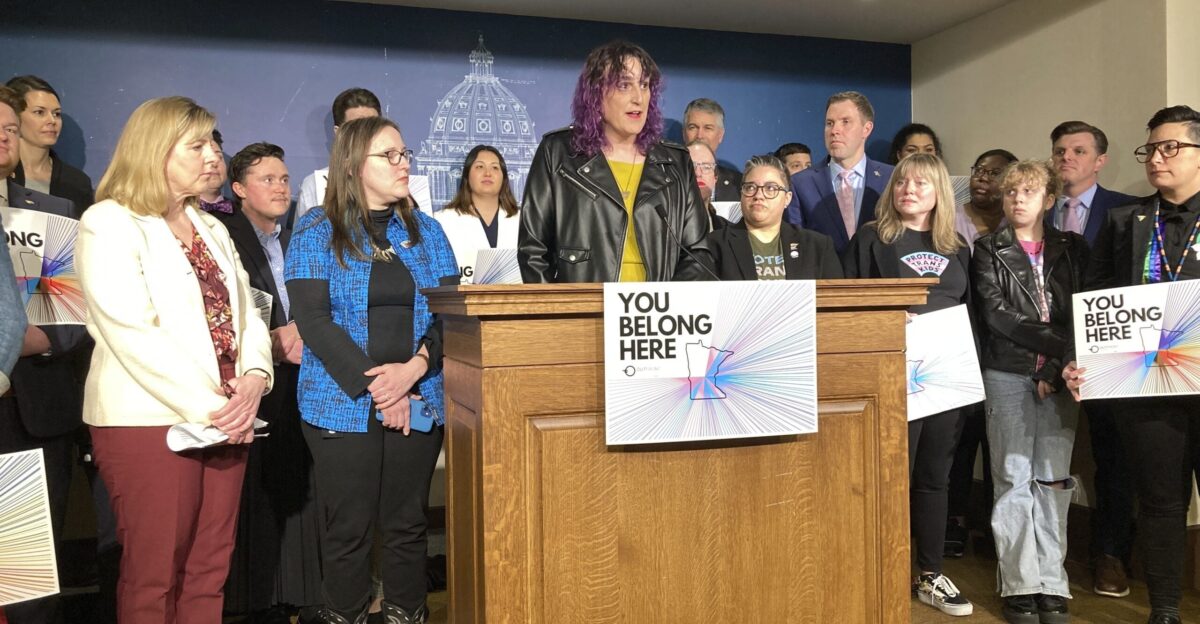
Transgender advocates say the DOJ’s review has intensified public hostility. Minnesota State Representative Leigh Finke, the state’s first openly transgender legislator, cautioned against policies that conflate identity with criminality. Advocacy groups warn that framing gender dysphoria as a disqualifier could embolden discrimination in other areas, from employment to healthcare.
Public policy experts argue the review illustrates how tragedies often trigger reactive proposals that disproportionately impact marginalized communities. Critics say durable solutions should focus on evidence-based strategies rather than expanding exclusion categories tied to identity or medical diagnosis.
Looking Ahead — Legal and Social Tests
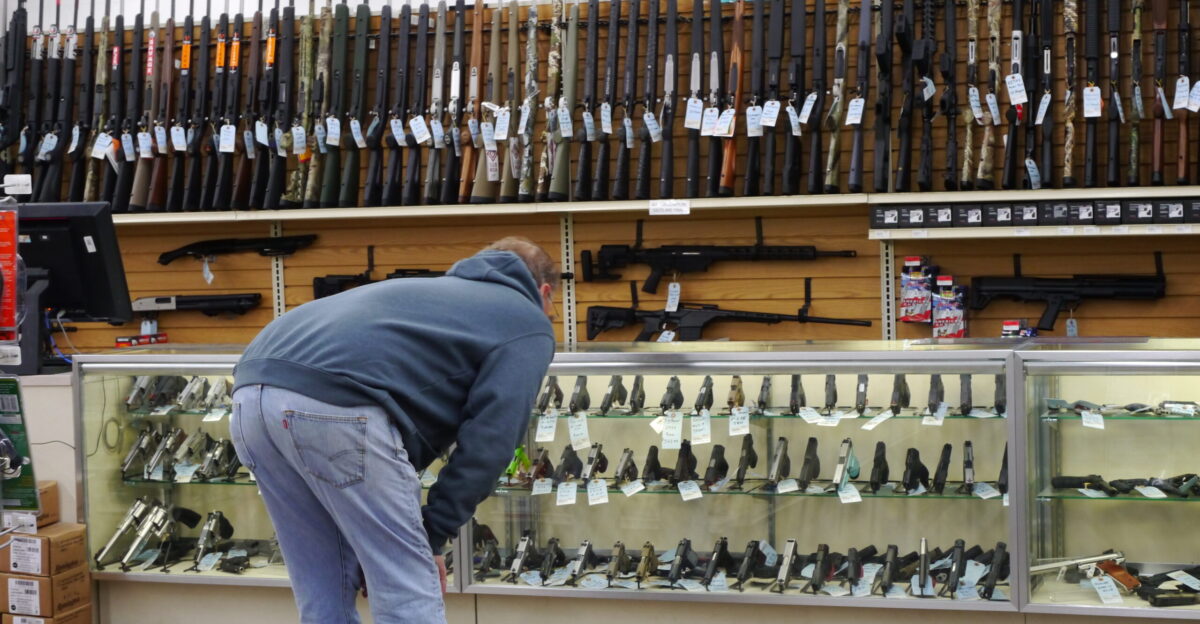
The future of the DOJ review remains uncertain. Legal experts predict any attempt to bar transgender Americans from firearm ownership would draw immediate lawsuits. Given its implications for Second Amendment rights and equal protection law, the issue could ultimately reach the Supreme Court.
LGBTQ+ groups, civil rights organizations, and gun rights advocates are already preparing for a protracted legal battle. Whatever the outcome, the proposal highlights how gun regulation debates increasingly overlap with broader civil rights questions, creating new legal and social fault lines.
What’s at Stake
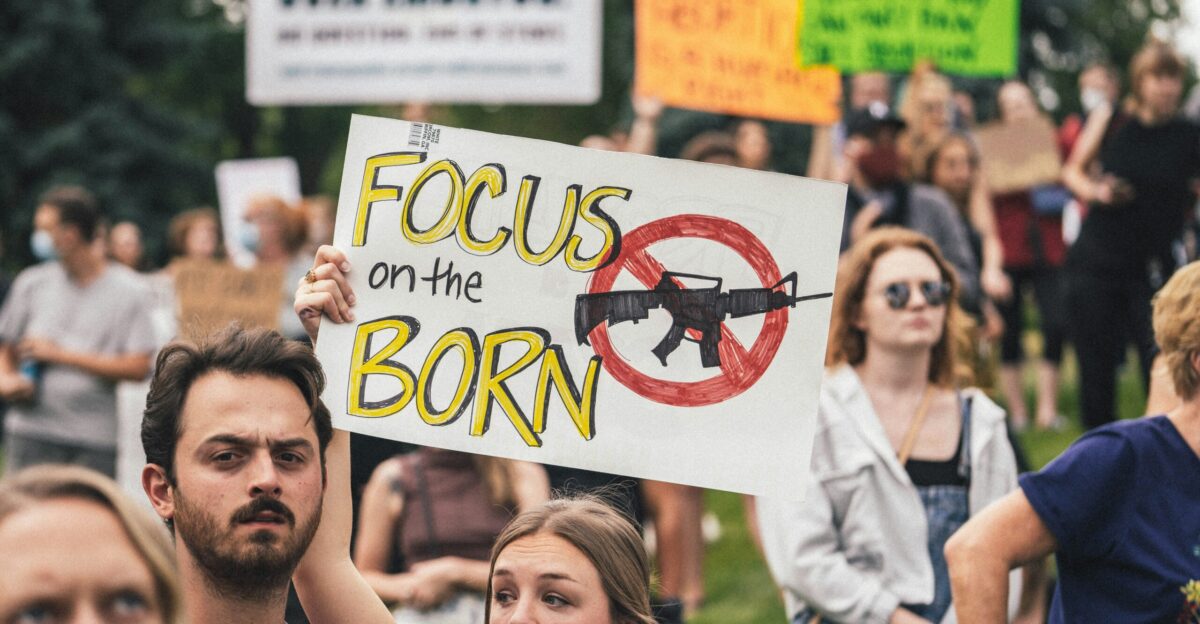
The DOJ’s deliberations represent a pivotal moment in U.S. gun policy. A rule restricting firearm access for transgender Americans diagnosed with gender dysphoria would be unprecedented, affecting more than 1.6 million people and reshaping constitutional interpretation.
Supporters argue such measures could enhance public safety, while opponents see them as discriminatory and unsupported by data. As discussions continue, the outcome will likely test the balance between government authority, civil rights, and evidence-based policy.
In the post-2025 debate over mass shootings, these deliberations could redefine the contours of federal power.